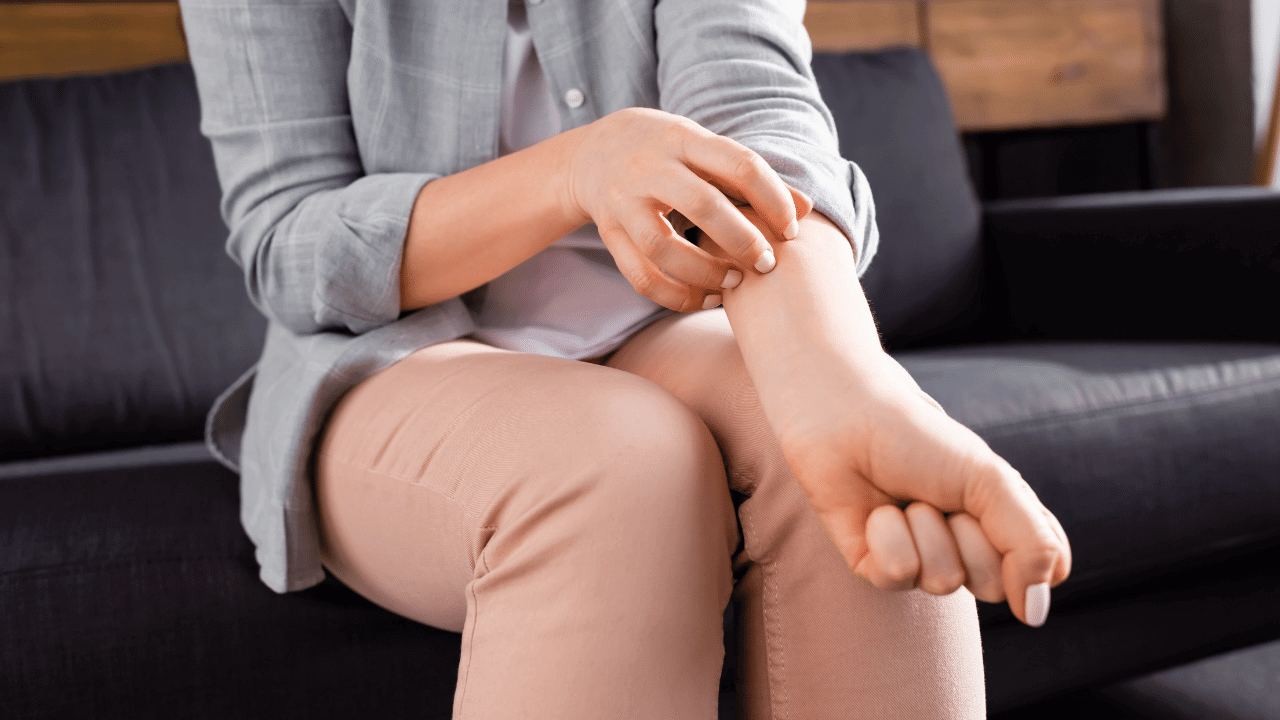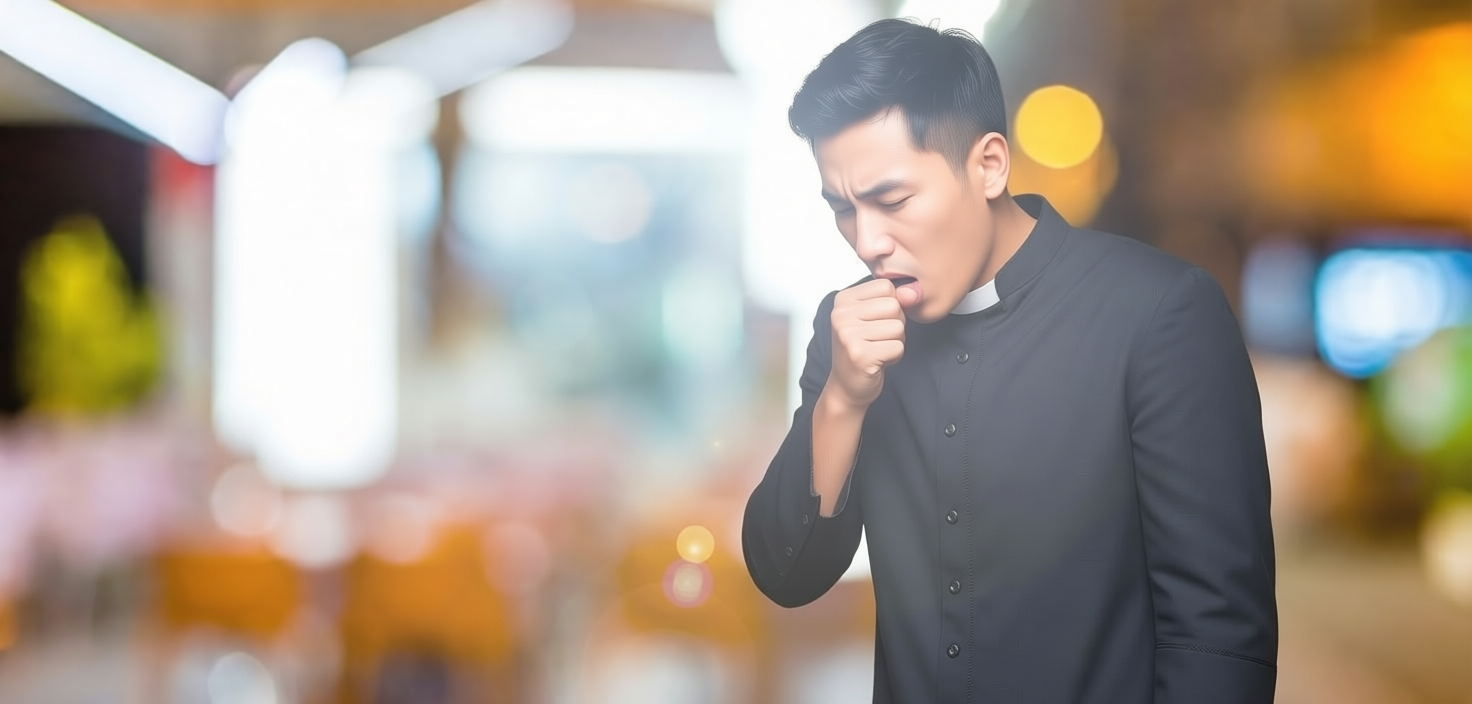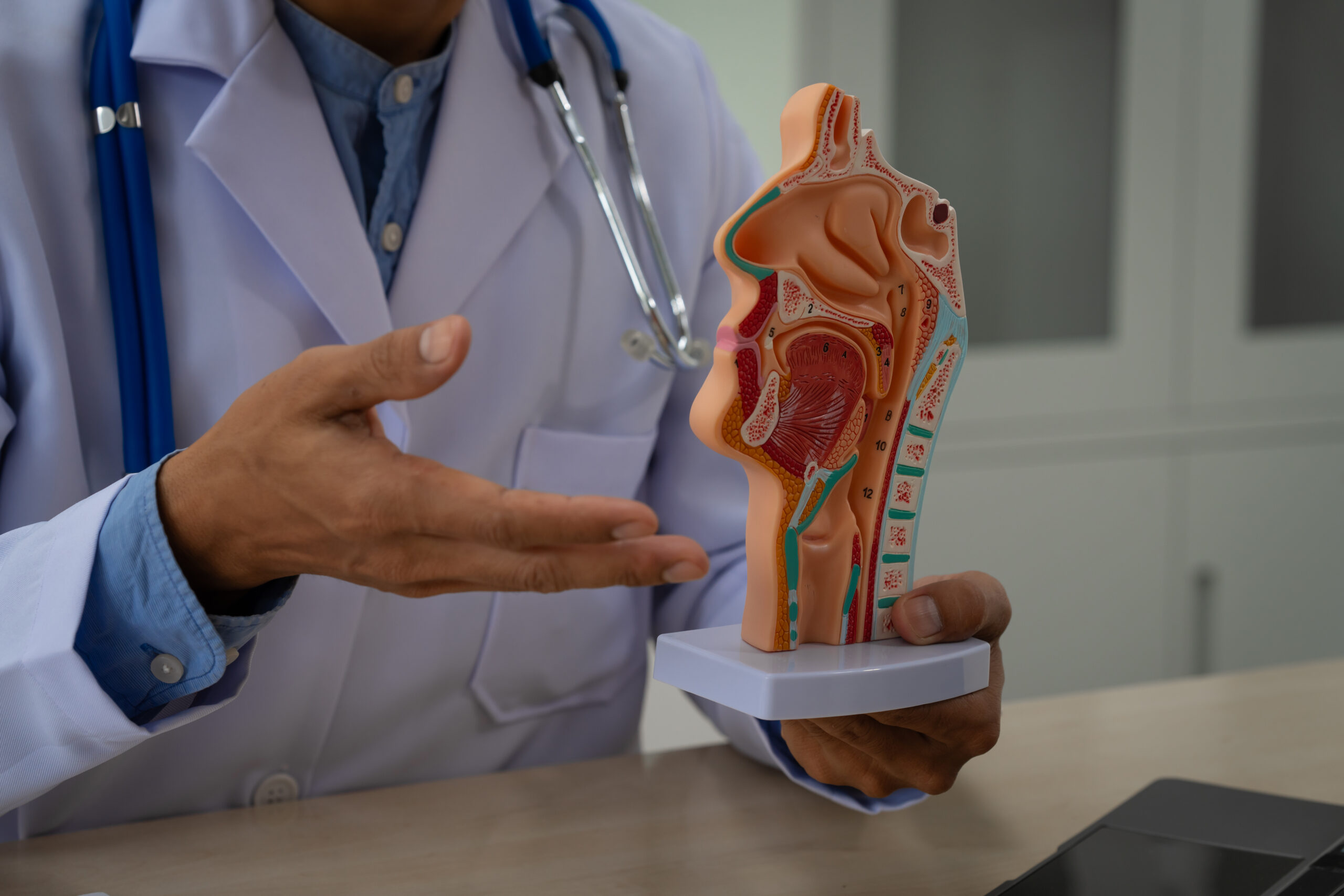Primarily thought to be endemic in Central and West Africa, monkeypox is a viral disease that has been been detected across the globe — much to the alarm of public health officials. More worryingly, we have also recently seen an increase in local transmissions in Singapore.
According to experts, monkeypox is typically a self limiting illness that presents as a fever and a rash. We share more about monkeypox and when you should seek medical support if you’re feeling unwell.
How does monkeypox spread?
Monkeypox is usually transmitted:
- when a person comes into close contact with the virus through an infected animal, infected person or a contaminated environment.
- Human to human transmission can occur via close contact with lesions, body fluids, respiratory droplets of an infected individual or contaminated materials such as bedding.
- Animal-to-human transmission may occur by a bite or scratch from an infected animal, bush meat preparation, or direct contact with the blood, body fluids, or skin or mucosal lesions of infected animals.
The risk is also higher for young children, pregnant women or immunocompromised individuals.
When should you see a doctor for monkeypox?
The most telling symptom of monkeypox is a rash that emerges uniformly across your face, hands, feet and genital areas. The rash will turn into tense, fluid-filled blisters which eventually turns into scabs and falls off.
While chickenpox also presents as a rash, there are several key differences that you can keep an eye out for.
- Presence of lymph nodes located in the underarms, groin, neck, chest and abdomen (which is less common in chickenpox)
- Rashes and blisters appearing around the same time (unlike chickenpox, where they may appear at different times)
- The blisters appear tense (rather than flaccid in cases of chickenpox)
If you notice that you’re developing these symptoms, do consult a doctor as soon you’re able to. You should also inform people whom you were in close contact with so that they can self-quarantine.
How is monkeypox treated?
Currently, there is no specific treatment approved for monkeypox. Symptoms usually resolve spontaneously within 14-21 days for most infected individuals as well.
For those who may require more medical support, there are several antiviral medications used to treat smallpox and other conditions that may help with monkeypox infection.
Is there a vaccination for monkeypox?
There is currently no approved vaccine available for the monkeypox virus in Singapore.
Several studies have shown that smallpox vaccinations may be about 80% effective in preventing monkeypox and also result in a milder illness. The MOH’s current stance is that a population-wide vaccination drive with the smallpox vaccine is not recommended. This is in line with international recommendations, given that there is a low risk of widespread community transmission.
Should we be worried that monkeypox turns into the next pandemic?
Health Minister Ong Ye Kung has stated that monkeypox is unlikely to become a global pandemic. Unlike Covid-19, transmission of monkeypox requires close or prolonged physical contact with infectious persons or contaminated material.
However, it does not hurt to take precautionary measures to keep you and your loved ones safe! Here is what you can do:
- Avoid coming into contact with people recently diagnosed with the virus or those who may have been infected
- Avoid coming into contact with animals that could be carrying the virus, such as sick or dead animals
- Practice good hand hygiene, especially after coming into contact with infected — or suspected infected — animals or humans
- Only eat meat that has been cooked thoroughly.
If you suspect that you’re suffering from monkeypox, speak to a doctor as soon as possible. See a doctor anytime on the DA app, with medication delivered to you straight to your doorstep.







